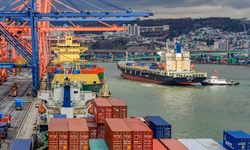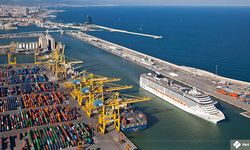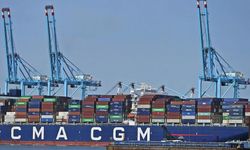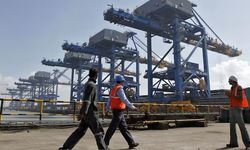This improvement is attributed to enhanced port efficiency, with ships and cargo being processed faster, resulting in lower logistical costs.
The minister highlighted the government’s efforts to build new berths and terminals, modernize existing infrastructure, streamline procedures through digitalization, and improve connectivity with rail and road networks to reduce turnaround times.
At Jawahar Lal Nehru Port near Mumbai, the turnaround time has been reduced to just 26 hours. Other major ports have reported the following turnaround times: Deendayal Port (Kadla) at 54.24 hours, Chennai at 44.92 hours, Mumbai at 62.97 hours, Kamarajar Port (Tamil Nadu) at 44.37 hours, Visakhapatnam at 65.86 hours, Paradip Port at 41.61 hours, Cochin at 33.4 hours, New Mangalore Port at 40.44 hours, and Syama Prasad Mookerjee Port (Kolkata) at 60.85 hours.
Sonowal emphasized that vessel sequencing and berthing allocation follow the Ministry’s published berthing policy, and infrastructure development, including new ports, mechanization of docks, and improved rail and road links, continues to enhance port capacity.
A recent report by the World Bank and S&P Global Marketing Intelligence also highlighted India’s success, with nine Indian ports ranking in the Global Top 100 in the 2023 Container Port Performance Index (CPPI), marking a significant achievement for the country's port development.
The modernization and efficiency improvements in Indian ports have been credited to Prime Minister Narendra Modi’s Sagarmala scheme, which has aimed to modernize, mechanize, and integrate technology to boost productivity and service delivery.







